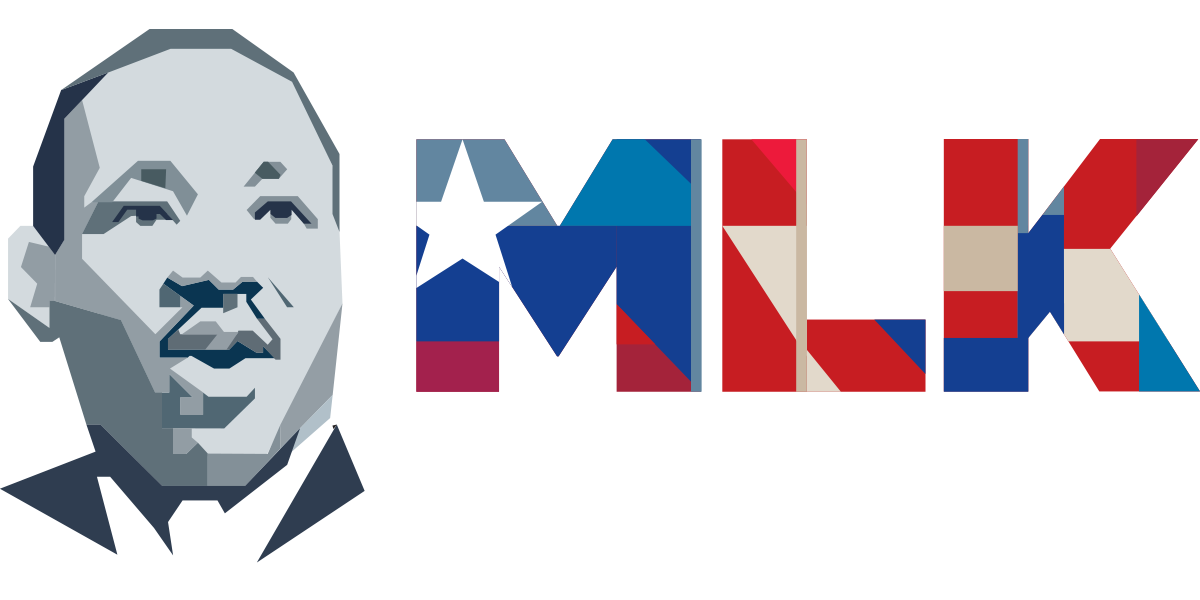On January 1, 2020, New York State’s new bail reform law took effect, addressing two critical criminal justice issues. The new law eliminates cash bail for non-violent crimes and calls for open discovery, a policy that requires prosecutors to turn over all evidence to the defense prior to the start of trial. Both of these reforms seek to remedy a system that has caused poor defendants to spend months or even years in jail awaiting trial because they cannot afford bail. Furthermore, lack of open discovery has stymied public defenders in their ability to mount a defense.
New York’s bail reform has been met with controversy. Opponents to the law argue that lack of cash bail allows dangerous offenders back on the streets, threatening public safety. Recent high profile crimes have fueled this fire. District Attorneys worry that open discovery will drain their budgets and discourage witnesses from testifying because informants are reluctant to cooperate with the prosecution if their identities will be revealed to the defendant. This potential risk is amplified when the defendant is out on the streets rather than confined to a jail cell, because no bail was required in their case.
Governor Andrew Cuomo has stated that certain provisions of the law needed to be reviewed and perhaps changed. So far, legislative leaders are standing firm on keeping the law in place as it is. Caffe Lena’s latest Community Classroom will explore this debate.
Our discussion of NYS Bail Reform Laws will be led by Amy Jones and Clyanna Lightbourn.
***
Caffe Lena Community Classroom features presentations by people with deep knowledge of a civic issue, with ample opportunity provided for audience questions, ideas, challenges and personal stories. The goal is to catalyze fresh thinking through conversation that is respectful, deep, empowering and unique. As Caffe Lena has long provided a stage where the stories of all people are honored, this program builds on the venue’s folk heritage with an understanding of real life struggle in today’s world.
The curator and sponsor of this series is In Our Name Initiative, an organization dedicated to civic learning and legislative action for social, economic and criminal justice matters. In Our Name is a national thought and training organization dedicated to the work of reconciling victims and offenders and finding more constructive ways to deal with crime and punishment.



